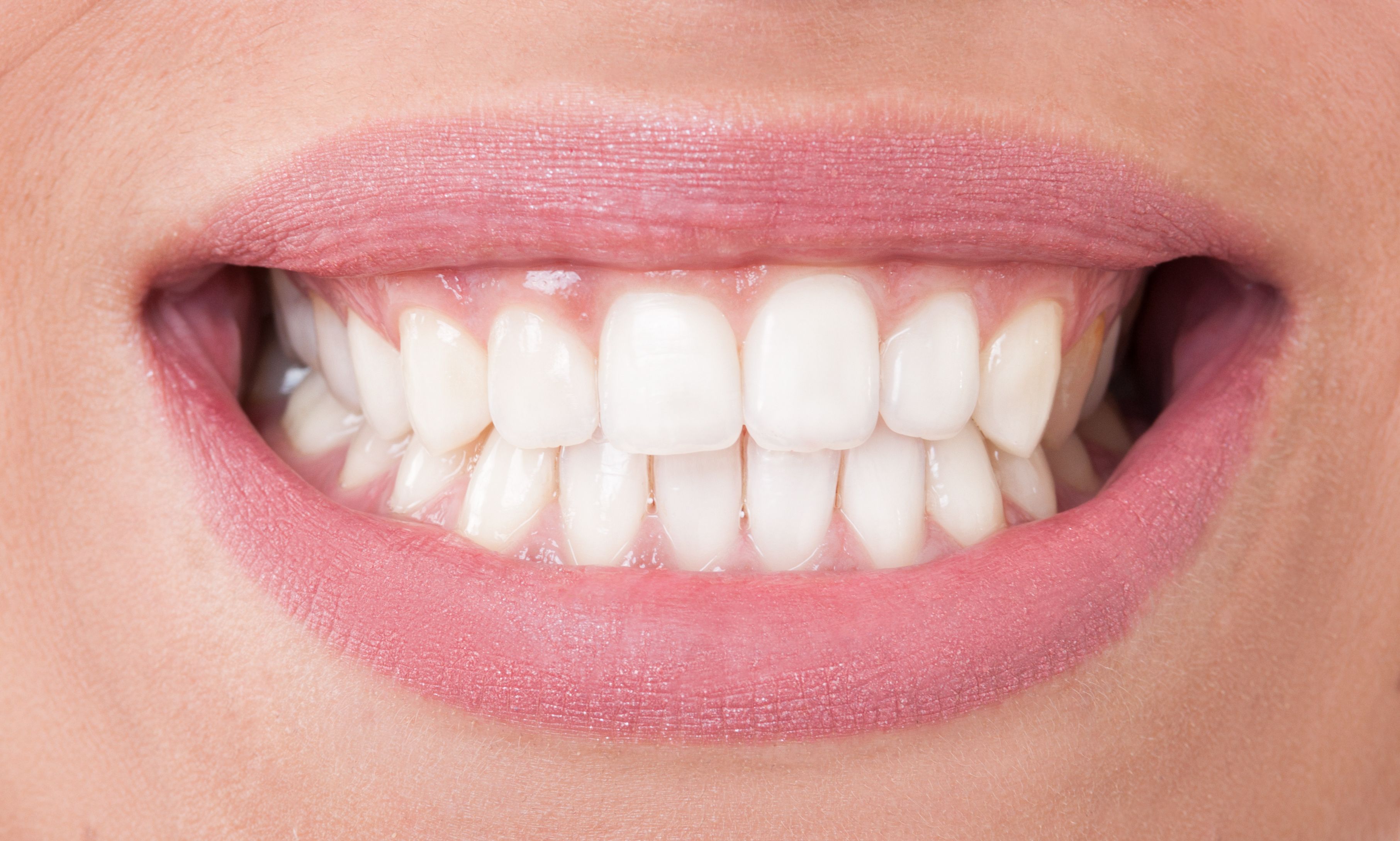- Center on Health Equity & Access
- Clinical
- Health Care Cost
- Health Care Delivery
- Insurance
- Policy
- Technology
- Value-Based Care
Women Living With HIV Could Have Tooth Loss After Menopause
The deterioration of bones could contribute to the loss of teeth in women who are postmenopausal and living with HIV.
Women who are postmenopausal and living with HIV could have greater tooth loss due to the deterioration of the alveolar trabecular bone microarchitecture, according to a study published in BMC Oral Health.
The use of antiretroviral therapy (ART) has improved periodontal outcomes and increased life expectancy in people living with HIV (PWH). Bone loss is a natural part of aging that more frequently affects older women who experience menopause compared with the rest of the population. However, women living with HIV have accelerated skeletal long bone loss, which led the researchers to evaluate periodontal disease and alveolar bone microarchitecture in women who have been through menopause, both those living with HIV and those not living with HIV.
Close up of teeth | Image credit: Catalin Pop - stock.adobe.com

All patients were recruited from the Comprehensive Health Program clinic and the dental clinic at Columbia University Irving Medical Center between September 2017 and December 2022. Patients were included in the cohort for PWH if they had self-reported menopause status, were aged 35 to 70 years, and were living with HIV. Women not living with HIV were included if they had self-reported menopause, were aged 35 to 70 years, and had a negative antibody test for HIV. Patients were excluded if they were currently receiving chemotherapy or immunotherapy, had used antibiotics other than prophylaxis in the previous 3 months, had a history of osteoporosis therapy, or were taking an oral contraceptives, testosterone supplements, or hormone therapy.
The primary outcome was change in alveolar crestal height (ACH) levels. Periodontal exams were conducted on all participants and their periodontitis status was recorded. Gingival crevicular fluid (GCF) was collected from all participants and up to 11 intraoral radiographs of the mouth were done in participants.
There were 135 women who had experienced menopause who were included in the study, 76 of whom were living had HIV. The mean (SD) age of the cohort was 57.04 (6.25) years and the women living with HIV had been receiving ART for a mean of 17.79 (7.4) years. Black women accounted for 68.42% of the women living with HIV.
The women living with HIV had less teeth compared with patients who were not living HIV, with the mean number of teeth being 17.75 (7.62) vs 22.79 (5.70) teeth, respectively. Probing depth, clinical attachment level, and bleeding on probing were not significantly different between the 2 groups. GCF RANKL was higher in the women living with HIV: 3.80 [3.19] vs 1.29 [2.14]).
The mean ACH was higher in the women living with HIV, at 3.26 (1.28) mm, compared with 2.72 (1.01) mm in the patients not living with HIV. Women living with HIV also had greater mean trabecular thickness (7.25 [1.25] vs 6.24 [1.78]), a lower trabecular number (0.08 [0.01] vs 0.09 [0.02]), greater trabecular separation (9.23 [3.11] vs 7.99 [3.23]), and lower cortical porosity (0.82 [1.38] vs 1.47 [1.8]) compared with patients not living HIV.
There were some limitations to this study. The sample size was small, so the findings cannot be generalized to all PWH. In addition, the status of menopause was self reported without any confirmation, which could result in misclassification. The sample size was also more representative of New York City than the general population.
The researchers concluded that greater tooth loss in women living with HIV can be linked to the deterioration of the alveolar trabecular bone microarchitecture and higher GCF RANKL levels.
Reference
Wadhwa S, Finn TR, Kister K, et al. Postmenopausal women with HIV have increased tooth loss. BMC Oral Health. 2024;24:52. doi:10.1186/s12903-023-03744-y
Empowering Children and Parents Through Technology: Opportunities, Challenges, and Future Directions
January 15th 2026Digital health platforms improve pediatric care by offering customized, interactive tools for children and parents. They enhance education, support, and engagement while tackling challenges related to access, usability, and privacy.
Read More
